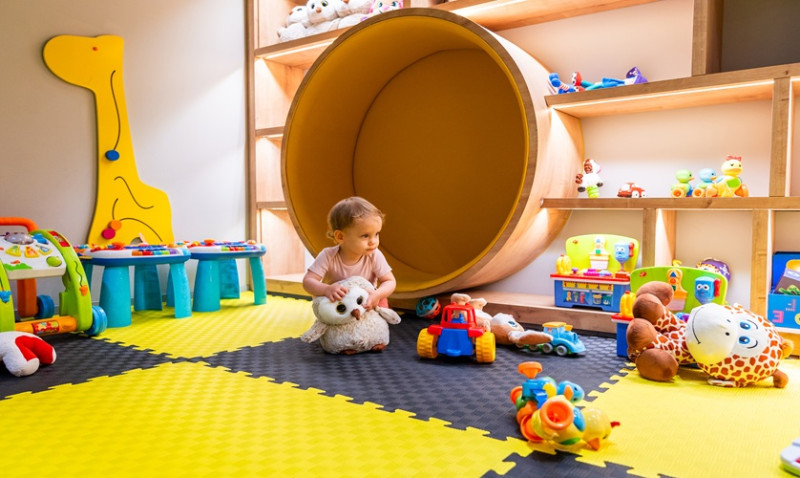
Choosing the right childcare agency is one of the most important decisions a parent can make. With so many options available, it can be overwhelming to find the perfect fit for your child. In this blog post, we will explore the top five questions you should ask when selecting a childcare agency in the UK. This guide will help you make an informed decision that ensures your child's safety, happiness, and development.
1. What Qualifications and Experience Do Your Caregivers Have?
One of the first questions to ask any childcare agency is about the qualifications and experience of their caregivers. You want to ensure that the individuals who will be looking after your child are not only qualified but also experienced in childcare.
Key Points to Consider:
- Check if caregivers have relevant qualifications, such as a Level 2 or Level 3 Diploma in Childcare.
- Inquire about their experience working with children of similar ages to your child.
- Ask if they have undergone background checks, such as DBS (Disclosure and Barring Service) checks.
Understanding the qualifications and experience of caregivers will give you peace of mind knowing that your child is in capable hands.
2. What is Your Child-to-Caregiver Ratio?
The child-to-caregiver ratio is a crucial factor in determining the quality of care your child will receive. A lower ratio means that caregivers can provide more individual attention to each child, which is essential for their development.
Why is the Ratio Important?
A lower child-to-caregiver ratio can lead to:
- More personalized attention for your child.
- Better supervision and safety.
- Enhanced opportunities for social interaction and learning.
In the UK, the recommended ratios vary by age group, so be sure to ask the agency about their specific ratios and how they comply with regulations.
3. What is Your Approach to Child Development and Learning?
Every childcare agency has its own philosophy regarding child development and learning. Understanding their approach will help you determine if it aligns with your values and expectations.
Questions to Ask:
- What educational programs or curricula do you follow?
- How do you incorporate play into learning?
- What methods do you use to assess a child's development?
Look for agencies that emphasize a balanced approach to learning, combining structured activities with free play. This will foster your child's creativity and critical thinking skills.
4. How Do You Handle Emergencies and Safety Concerns?
Safety is a top priority when it comes to childcare. You need to know how the agency handles emergencies and what safety measures are in place to protect your child.
Important Safety Questions:
- What is your emergency plan in case of fire, natural disasters, or medical emergencies?
- How do you ensure the safety of children during outdoor activities?
- What training do caregivers receive in first aid and CPR?
Understanding the agency's safety protocols will help you feel more secure about leaving your child in their care.
5. What Are Your Policies on Communication and Parent Involvement?
Effective communication between parents and caregivers is essential for a successful childcare experience. You want to ensure that the agency encourages parent involvement and keeps you informed about your child's progress.
Questions to Consider:
- How often do you provide updates on my child's development?
- What methods do you use to communicate with parents (e.g., newsletters, meetings, apps)?
- Are there opportunities for parents to get involved in activities or events?
Look for agencies that prioritize open communication and actively involve parents in their child's learning journey.
Conclusion
Choosing a childcare agency in the UK is a significant decision that requires careful consideration. By asking these five essential questions, you can gain valuable insights into the agency's practices and ensure that your child receives the best possible care. Remember, the right childcare agency will not only provide a safe environment but also foster your child's growth and development.
Take your time, do your research, and trust your instincts. Your child's well-being is worth the effort!






